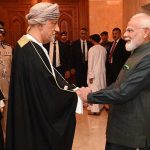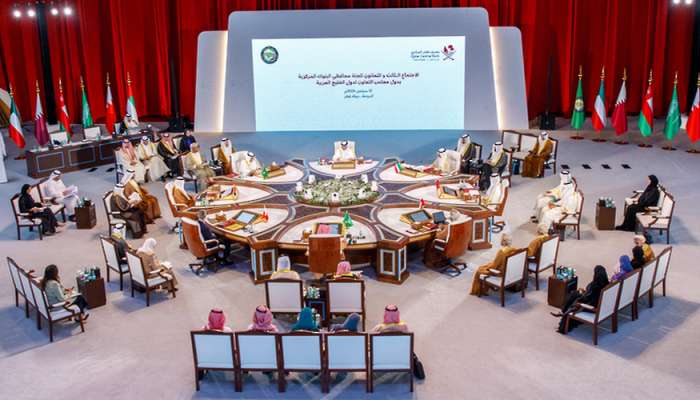The Sultanate of Oman participated in the 83rd meeting of the GCC Central Bank Governors Committee, with the Central Bank of Oman representing the country. The meeting, held in Doha, Qatar, was headed by Tahir Salim Al Amri, the CBO Executive President. One of the main topics of discussion at the meeting included issues related to the GCC banking system, payment systems, and financial technologies. The committee also focused on developing joint Gulf action and implementing initiatives to enhance the banking system and streamline transactions for citizens and private institutions.
Another key area of discussion at the meeting was the progress made in combating money laundering, terrorism financing, and cybersecurity threats. The committee reviewed the Secretariat General’s report on the decisions made at its previous meeting, discussing the latest developments in the GCC Central Bank Governors Committee. Additionally, the meeting addressed the signing and ratification of an agreement to link payment systems among GCC states, along with other monetary and banking matters. The goal was to strengthen cooperation among GCC countries and promote financial stability and security in the region.
One of the primary objectives of the GCC Central Bank Governors Committee is to promote coordination and cooperation among member states in the financial and banking sectors. By participating in these meetings, Oman demonstrates its commitment to regional collaboration and the development of the banking system to benefit both citizens and private businesses. The exchange of ideas and information at these meetings helps to enhance banking services, improve financial technologies, and combat illicit activities such as money laundering and terrorism financing.
As part of the ongoing efforts to enhance the GCC banking system, the committee discussed ways to facilitate transactions for citizens and private institutions. By implementing initiatives aimed at streamlining processes and enhancing efficiency, the committee seeks to create a more seamless banking experience for all stakeholders. Additionally, the focus on cybersecurity highlights the importance of safeguarding financial systems from potential cyber threats and ensuring the security of transactions and sensitive data.
The signing and ratification of an agreement to link payment systems among GCC states is a significant step towards further integration and collaboration in the region. This agreement will not only enhance connectivity and cooperation between member states but also promote efficiency and transparency in cross-border transactions. By aligning payment systems, GCC countries can facilitate trade and investment, promote economic growth, and strengthen financial ties within the region.
Overall, the 83rd meeting of the GCC Central Bank Governors Committee in Doha was instrumental in advancing regional cooperation and enhancing the banking system in the Gulf region. Oman’s participation in the meeting signifies its commitment to promoting financial stability, combating illicit financial activities, and fostering collaboration among GCC countries. Through continued dialogue and collaboration, member states can work together to address common challenges, improve banking services, and strengthen the financial infrastructure in the region.











